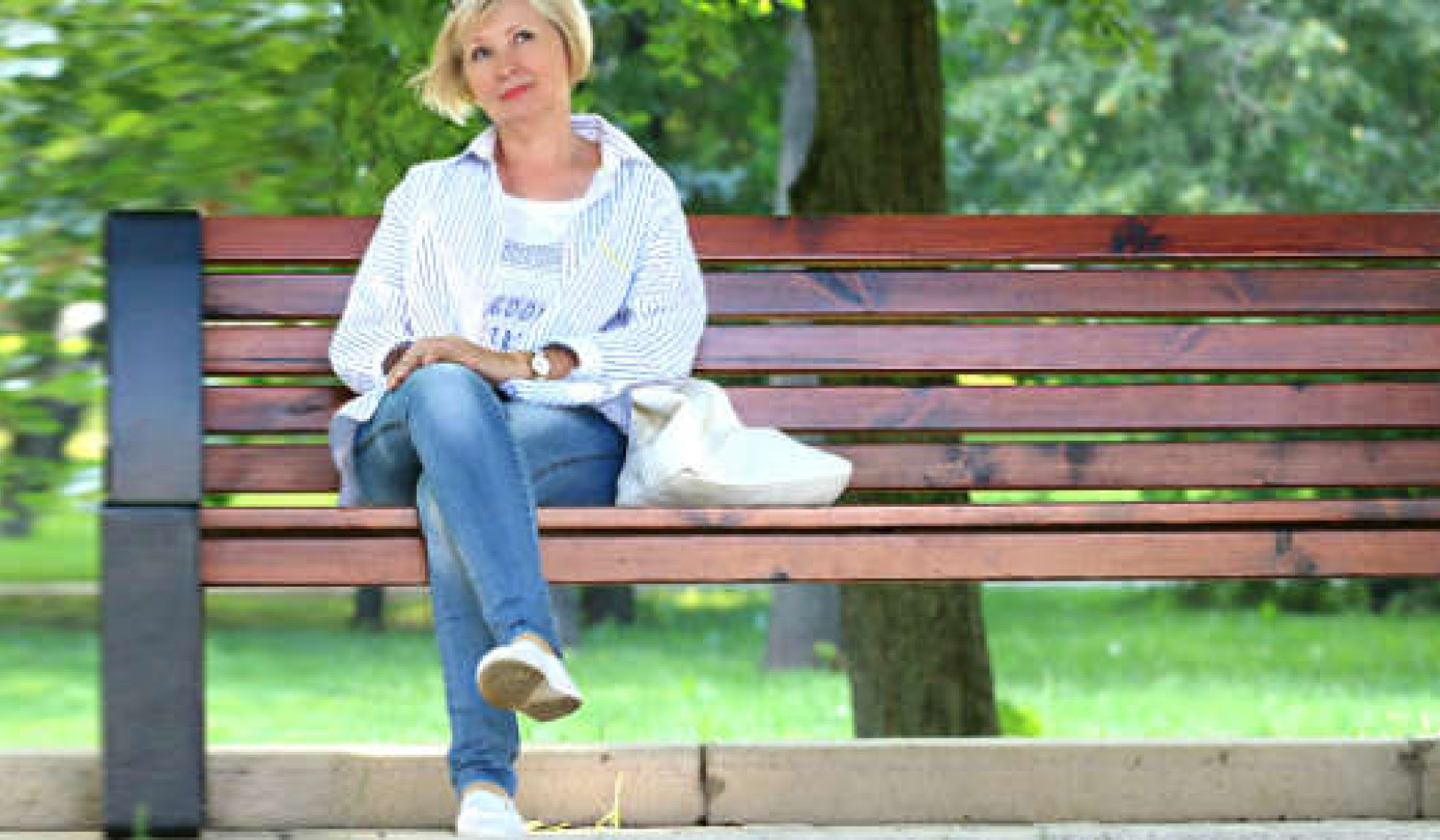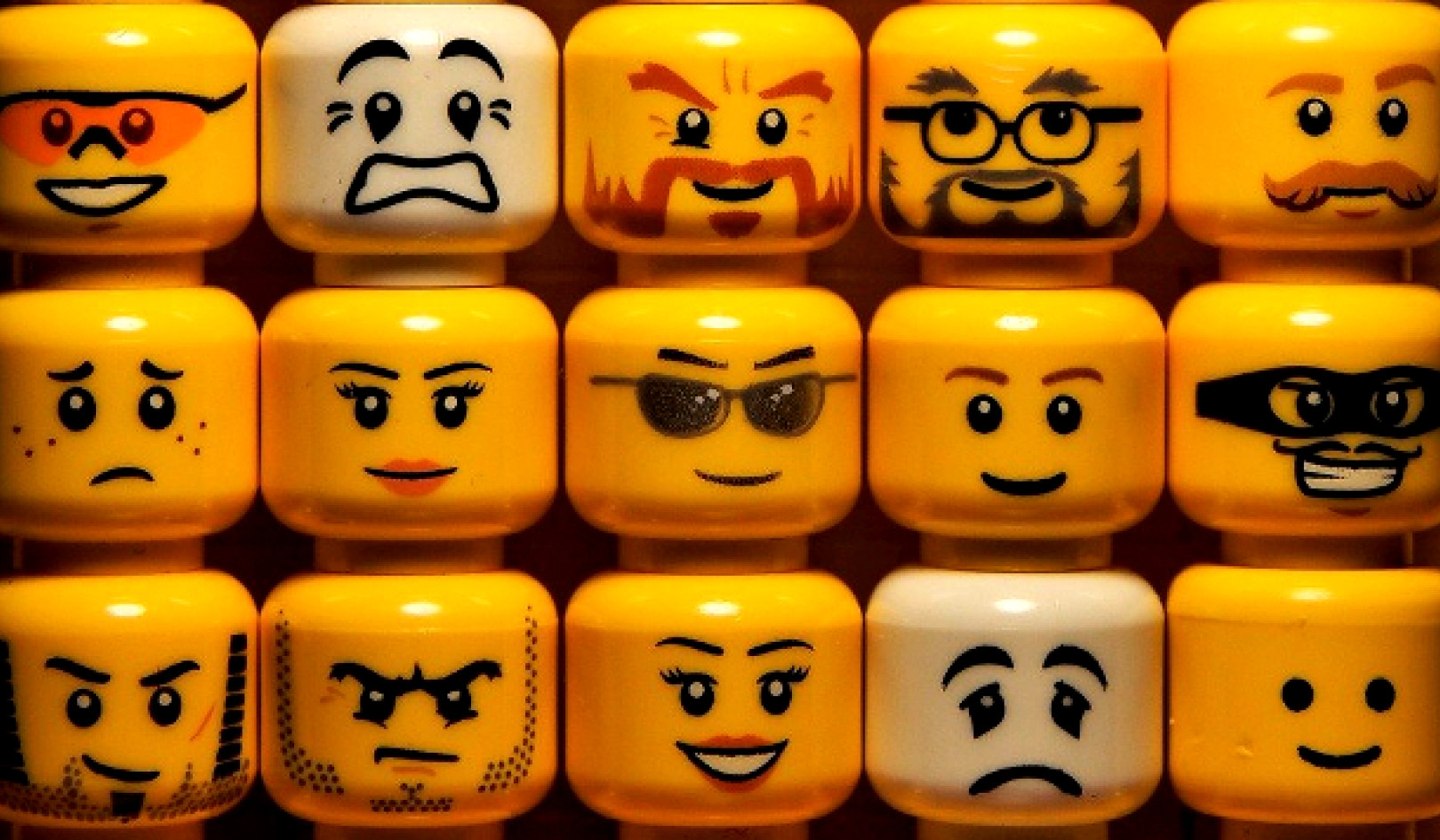 The news is part of our daily lives. Shutterstock/McLittle Stock
The news is part of our daily lives. Shutterstock/McLittle Stock
It can often feel difficult to escape a bad news story. The news plays a prominent role in our lives, something that has been emphasised even further during the past year. The pandemic has brought with it daily news briefings and a seemingly never-ending influx of COVID related headlines.
Staying informed and educated is important. However, constant exposure to negative reporting may be bad for your wellbeing. The World Health Organization has found news coverage can increase distress and anxiety, and a recent study suggests news reports shared through social media lead to increased panic.
Some people may be particularly vulnerable to negative impacts of specific stories. For example, people with eating disorders have reported being triggered by an emphasis in the media on exercise and weight loss during the pandemic.
Whatever it is that triggers you, the goal is to find the balance between using the news to stay informed and not becoming overwhelmed.
Being triggered
A trigger is something that causes negative feelings or behaviours for someone. They can be driven by many internal processes, for example a reminder of past trauma, or intense emotions such as stress, anxiety, entrapment or a lack of control.
When someone is “triggered” they experience negative consequences such as a panic attack, flashbacks or an increase in mental health symptoms – for example, disordered eating, self-harm, anxiety or depression.
You may be able to spot that you’re at risk of being triggered by listening to your psychological and physiological responses. For example, you may notice an increase in negative or brooding thoughts, increased heart rate, rapid breathing or feeling like you’re in a state of high alert.
You may also have started to notice other physical symptoms related to stress, such as fatigue or changes to your sleeping pattern. Tuning into your mind and body responses can provide the earliest signs that the news may be having a negative impact on your wellbeing.
If you find yourself beginning to feel negative impacts from the news, now is the time to start putting protective steps into place.
1. Regulate consumption
Regulating consumption of news includes making the conscious decision to take “time out” from the media for a period of time. Alternatively, you may have noticed a pattern around the negative impacts you are experiencing – for example, do you tend to feel more negative impacts if you read the news when you’re tired or just before bed, or during periods of increased general stress? If so, you may wish to limit exposure at certain times of day, in particular contexts or both.
You may notice that certain news sources use communication styles or content that you find particularly distressing or triggering. Perhaps they are particularly confrontational, biased or controversial. If so, try to find more positive sources that work for you.
For example, during the pandemic, the World Health Organization suggests limiting access to health authority websites which aim to provide just the facts on the current situation.
2. Take ownership over your emotions
Never blame yourself for experiencing negative emotions. It is important to acknowledge that it is your right to feel how you do. In doing so, acknowledge that you also have control over your reactions. This can help you to feel more in control and more empowered to work towards more positive coping mechanisms.
3. Take care of your health
Investing time in your physical care can help provide you with the best chance to react positively to stressful situations. Healthy body, healthy mind.
Try to eat healthy meals, get regular – but not excessive – exercise and maintain a good sleeping pattern. Remember the emphasis is on health, not weight loss or other potentially negative drivers. Similarly, take care of your mental health by striving for positive work life balance , practising mindfulness or staying in contact with supportive friends and family.
4. Focus on the positive
If you’re being triggered by negative news coverage, try to find some positive resources to focus on. For instance, during the current pandemic, the World Health Organization suggests focusing on recovery stories.
5. Replace unhealthy coping skills with positive alternatives
There are resources available to help individuals identify positive behaviours which they can use to replace unhealthy coping mechanisms such as eating disorders and self-harm. Similar resources are available for a wide range of behaviours.
6. Seek support
Contact support groups or healthcare professionals. It’s important to recognise the value of positive social support and to recognise that seeking help is a positive and strong step. These contacts can also help you find other helpful resources. You are not alone, reach out for support.
It can be difficult to find the right balance between being informed by the news media and not becoming overwhelmed – especially during a global crisis. This has been a very difficult year for many.
It’s natural to feel concerned, apprehensive and stressed at times. However, it’s also important to invest time in self-care and to seek help if you are experiencing negative impacts on your health.
It is important to recognise that everyone is an individual, and what works for one person may not be the best approach for another. Be prepared to take some time to find the techniques that work for you, and do not be apprehensive about seeking professional help to guide you through this process.![]()
About The Author
Dawn Branley-Bell, Chartered Psychologist & Research Fellow in Psychology, Northumbria University, Newcastle
This article is republished from The Conversation under a Creative Commons license. Read the original article.

Books Improving Attitude and Behavior from Amazon's Best Sellers list
"Atomic Habits: An Easy & Proven Way to Build Good Habits & Break Bad Ones"
by James Clear
In this book, James Clear presents a comprehensive guide to building good habits and breaking bad ones. The book includes practical advice and strategies for creating lasting behavior change, based on the latest research in psychology and neuroscience.
Click for more info or to order
"Unf*ck Your Brain: Using Science to Get Over Anxiety, Depression, Anger, Freak-Outs, and Triggers"
by Faith G. Harper, PhD, LPC-S, ACS, ACN
In this book, Dr. Faith Harper offers a guide to understanding and managing common emotional and behavioral issues, including anxiety, depression, and anger. The book includes information on the science behind these issues, as well as practical advice and exercises for coping and healing.
Click for more info or to order
"The Power of Habit: Why We Do What We Do in Life and Business"
by Charles Duhigg
In this book, Charles Duhigg explores the science of habit formation and how habits impact our lives, both personally and professionally. The book includes stories of individuals and organizations who have successfully changed their habits, as well as practical advice for creating lasting behavior change.
Click for more info or to order
"Tiny Habits: The Small Changes That Change Everything"
by BJ Fogg
In this book, BJ Fogg presents a guide to creating lasting behavior change through small, incremental habits. The book includes practical advice and strategies for identifying and implementing tiny habits that can lead to big changes over time.
Click for more info or to order
"The 5 AM Club: Own Your Morning, Elevate Your Life"
by Robin Sharma
In this book, Robin Sharma presents a guide to maximizing your productivity and potential by starting your day early. The book includes practical advice and strategies for creating a morning routine that supports your goals and values, as well as inspiring stories of individuals who have transformed their lives through early rising.






















